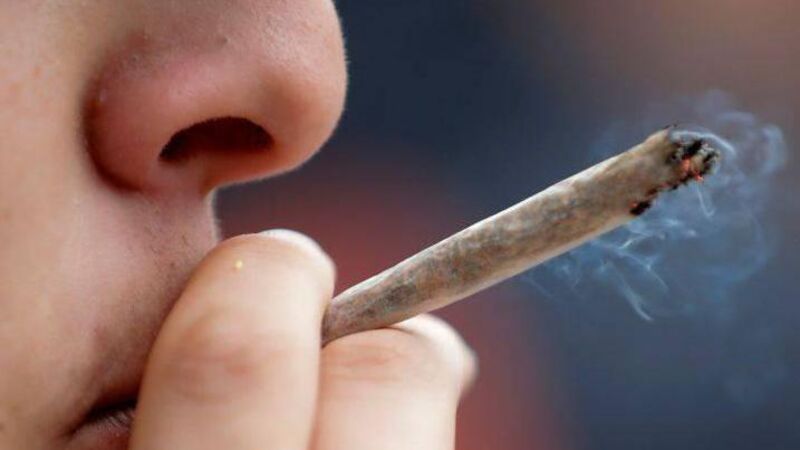Drug decriminalisation did not increase use or drug-trafficking, committee told

Antonio Leitao da Silva, Superintendent of the Public Security Police and Commander of the Municipal Police of Porto, told the committee that drug use has increased in recent years in Portugal, but was still “quite low” compared to other European countries. File picture: Getty
Decriminalisation of personal drug possession in Portugal did not result in any increase in drug use or in drug trafficking, a senior Portuguese police officer has told the Oireachtas Committee on Drugs.
The committee is examining recommendations made by the Citizens’ Assembly on Drugs Use — including decriminalization of drugs — and is due to make its own recommendations to Government by the end of the year.










